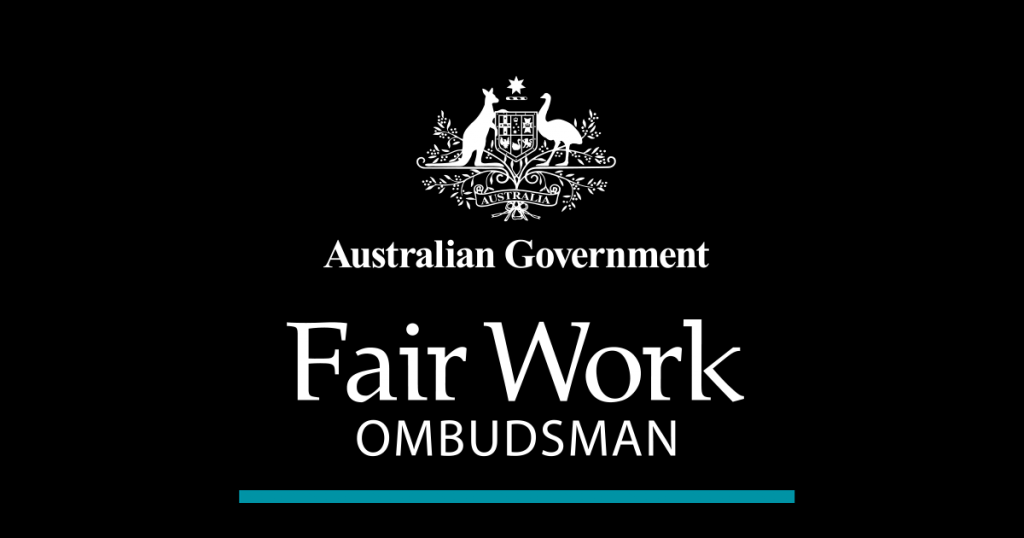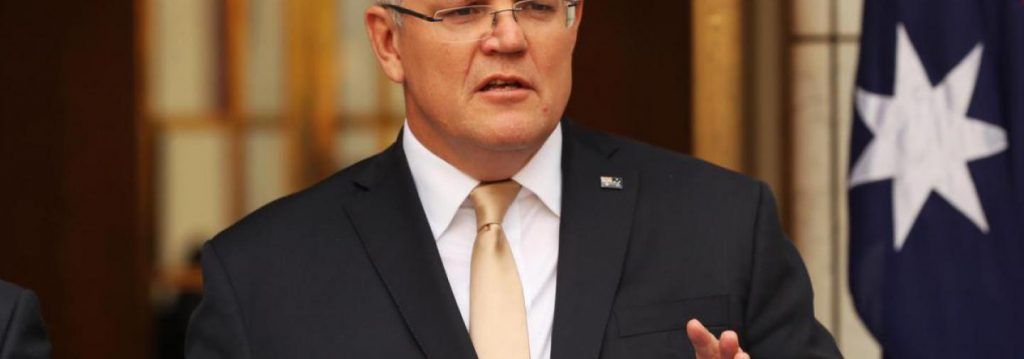JobKeeper Payments – Enrolling & Applying
The ATO have released more information relating to the recent JobKeeper payments as part of the Government stimulus package.
Please follow the below steps to ensure that your business can receive these payments for eligible employees:
- Register your interest at https://www.ato.gov.au/Job-keeper-payment/
- Check that your business and your employees are eligible through https://www.ato.gov.au/General/JobKeeper-Payment/Employers/Eligible-employers/ and https://www.ato.gov.au/General/JobKeeper-Payment/Employers/Your-eligible-employees/
- Ensure that you pay the minimum of $1,500 per fortnight (before tax) to eligible employees from 30th of March – if you already pay them this amount or more then you just need to continue as usual. If you pay any employees less than the minimum amount then you will need to ensure that you include the difference in their payroll and pay them the net amount. Note that the difference is not subject to superannuation so you do not have to accrue extra super for employees. Also note that you are still eligible if the minimum amounts are paid late but you will need to ensure that they are paid by the end of April – these payments are unfortunately just a reimbursement so you will only get paid after you make the minimum payments to employees first.
- Notify your employees if you are intending to claim the payment for them
- Complete the JobKeeper employee nomination notice with your employees by the end of April through https://www.ato.gov.au/Forms/JobKeeper-payment—employee-nomination-notice/
- Enrol with the ATO for the payments either through your business portal or your tax agent from 20th of April – please email us at admin@chestertonaccounting.com if you require us to enrol your business
- Apply to claim the first monthly payment with the ATO either through your business portal or your tax agent from 4th of May (ensure that you have paid the minimum payments to your employees first)
- Reconfirm each month with the ATO your payroll details and any changes that have occurred to continue receiving monthly payments
Below is an ATO link which provides more detailed information regarding the above steps.











